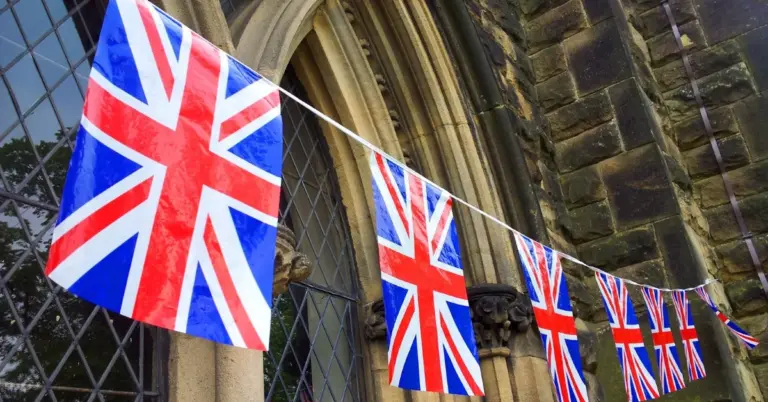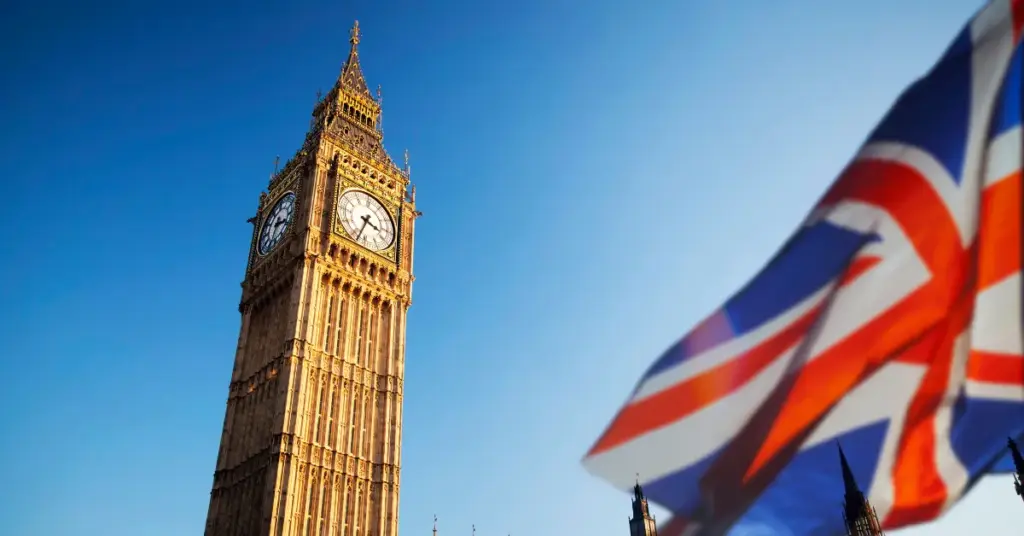Securing indefinite leave to remain (ILR) is a significant milestone for anyone wishing to settle permanently in the UK. However, if your ultimate aim is to become a British citizen, there are further steps to follow. ILR allows you to reside and work in the UK without time limits, but British citizenship brings further advantages, such as the ability to apply for a British passport and participate in national elections.
This article guides you through the process of becoming a British citizen after obtaining ILR, covering eligibility, documents, the application process, and what to expect once approved.
Key Points
- Most applicants must hold ILR for at least twelve months before applying for British citizenship, unless they are married to a British citizen.
- Naturalisation requires meeting criteria including lawful residence, good character, English language proficiency, and passing the Life in the UK test.
- Required documents will include your passport, proof of ILR, a record of your time in the UK, English language evidence, and travel history.
- The application fee is £1,735, and there may be extra expenses for language testing and translating documents.
- Your application could be refused if you fail character checks, provide incorrect documents, or exceed absence limits.
What Does It Mean to Become a British Citizen?
Becoming a British citizen provides the full rights and responsibilities of membership in the UK. As a citizen, you are free to live in the UK permanently, move in and out of the country without the need for visas, and pass British citizenship on to your children born after you become a citizen.
With British citizenship, you may apply for a British passport, vote in all levels of elections, and enjoy full consular support abroad. Your right to remain is secure and no longer linked to any former visa or immigration status.
The usual way to become a citizen is through a process known as naturalisation. This formal application is closely examined by the Home Office and requires you to demonstrate how long you have lived in the UK, your present immigration status, and your behaviour during your residence.
When Can You Apply for British Citizenship After ILR?
Most individuals applying for citizenship must have held ILR for at least twelve months. Typically, you need to spend five years lawfully living in the UK before qualifying for ILR, and then wait one year before you can make your application for naturalisation.
The exception is if you are married to or in a civil partnership with a British citizen. In this case, you may apply for citizenship immediately after being granted ILR, as long as you meet all the other requirements.
You will need to show that:
- You have lived in the UK for at least five years before the date of your application.
- You currently hold ILR.
- You were physically present in the UK on the same date five years before you apply.
For most applicants, periods spent abroad during these five years must not exceed 450 days in total, or 270 days if applying as the spouse or partner of a British citizen. In the final year before applying, you must not spend more than ninety days outside the UK.
You must also:
- Pass the Life in the UK test.
- Meet the English language requirement.
- Prove good character, including following UK law and immigration rules.
- Provide details for two referees who can verify your identity.
These regulations stem from UK immigration law and apply to nearly all applicants. If you fulfill all the criteria, you can submit your application to become a British citizen either online or by post.
What Documents Are Required?
When submitting your application for British citizenship, you must provide thorough evidence of your identity, your time spent in the UK, and your eligibility.
Typically, you will need to provide:
- Passport or travel document (to confirm identity and immigration history).
- Biometric residence permit, if held.
- Official proof of ILR (for example, a Home Office letter or a vignette in your passport).
- Documents proving where you lived in the UK during the qualifying period, such as bills, council tax letters, tenancy agreements, or employer letters.
- A complete list of absences from the UK, with dates and destinations.
- Marriage or civil partnership certificate, if applying as a spouse or partner.
- Pass certificate for the Life in the UK test.
- English language qualification, or proof of exemption.
- Documents relating to any previous names, if you have changed your name.
Depending on your individual situation or if your immigration history involves complexities, you might be required to provide extra evidence. It is essential that all documents are accurate, and if any documents are not in English, official translations must be included.
How Do You Apply for British Citizenship?
If you meet all the criteria and your documents are ready, you can begin the application process. The majority of applications are now made online, although a paper form remains available for special circumstances.
The process involves the following steps:
- Check your eligibility: Ensure that you satisfy the residency, good character, English language, and Life in the UK test requirements, as well as the relevant ILR holding period.
- Submit your application online: Complete the Home Office online application form and upload all the required documents. The application fee is paid at this stage.
- Biometric appointment: You must book and attend a UKVCAS centre to provide your biometrics (fingerprints and photograph).
- Await a decision: The Home Office will review all your materials. Most applicants receive a decision within six months, though it may take longer if your circumstances are complex.
Make sure all the information in your application is accurate and remains consistent throughout. If any changes occur while your application is being processed—such as a new phone number, address, or changes to your travel plans—it’s important to notify the Home Office right away.
Application Fees
The current fee for an adult applying for British citizenship by naturalisation is £1,735, which includes the cost of the citizenship ceremony (£130). Be aware of further costs that may apply:
- Life in the UK Test: £50.
- English language test: approximately £150 to £250.
- Document translations: variable fee depending on your needs.
While enrolling your biometrics is a necessary part of the process, there is currently no additional charge for providing your fingerprints and photo at your UKVCAS appointment.
What Happens After You Are Approved?
If you are granted citizenship, you will receive an invitation to attend a citizenship ceremony, which is compulsory for adult applicants. You must take part within three months or your approval may be withdrawn.
At the ceremony, you make a formal pledge of loyalty to the King and the UK, promising to respect the nation’s laws and values. You are then given your certificate of British citizenship. Be sure to keep this certificate safe, as you will need it for future applications, such as your British passport.
With your citizenship confirmed, you are fully free to live, work, or travel in and out of the UK without restrictions, and can pass on your citizenship to children born in the UK after your naturalisation.
See also: Switching from Limited Leave to Indefinite Leave to Remain: What You Need to Know
Can Citizenship Be Refused After ILR?
Yes, holding indefinite leave to remain does not automatically guarantee that your application for British citizenship will be approved. ILR confirms your settled status, but you still need to meet all the separate requirements for naturalisation.
The Home Office may refuse your application for a variety of reasons. A common issue is not meeting the good character requirement. This could involve serious or recent criminal convictions, breaches of immigration rules, or dishonesty in your application. Even issues like unpaid taxes or failing to declare time spent outside the UK can raise red flags.
You could also face refusal if you don’t meet the residency rules—this includes being out of the UK too often during the qualifying period or not being physically present on the exact date required before applying.
Mistakes in your paperwork or missing evidence can also lead to a refusal. If your application is rejected, the Home Office will explain the reasons in writing. Although there is no formal appeal process for a citizenship refusal, it’s usually possible to submit a new application after addressing the issues raised.
In these situations, it is highly recommended to speak with an immigration adviser to help evaluate your case and prepare a stronger application.
Secure Your British Citizenship with Confidence
British citizenship represents the final step in establishing your future in the United Kingdom. Errors in your application can be costly, both in time and money. At JPS Immigration, our experienced team has been guiding applicants for over three decades, helping them achieve successful results from ILR to British citizenship.
We offer support with eligibility checks, document gathering, and every stage of the application process, for individuals, partners, and families.
Do not take chances with your citizenship. Contact us now to arrange a consultation.
FAQs
How long do I need to hold ILR before applying for British citizenship?
If you are not married to a British citizen, you must normally hold ILR for at least twelve months before applying. Those married to British citizens can often apply immediately after receiving ILR, if other conditions are satisfied
What is the difference between ILR and British citizenship?
ILR allows you to stay in the UK without visa restrictions, but you remain a national of your original country. British citizenship gives you the right to a UK passport, the ability to vote, and to pass on citizenship to future children born in the UK after you naturalise.
Is the Life in the UK Test compulsory?
Yes, unless you are exempt, you must pass the Life in the UK test to show your understanding of life, values, and history in the United Kingdom.
What happens after obtaining British citizenship?
You must attend a citizenship ceremony and will then receive your certificate of British citizenship. With this, you can apply for your British passport and access all the rights and privileges of a UK national.
When can I apply for a British passport?
You may apply as soon as you have received your citizenship certificate following your ceremony. This certificate and evidence of your identity must be supplied with your passport application.











































